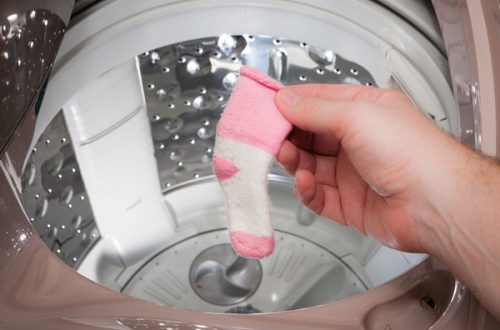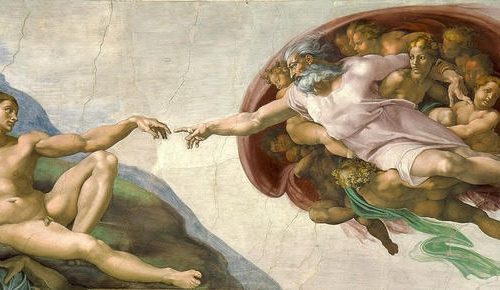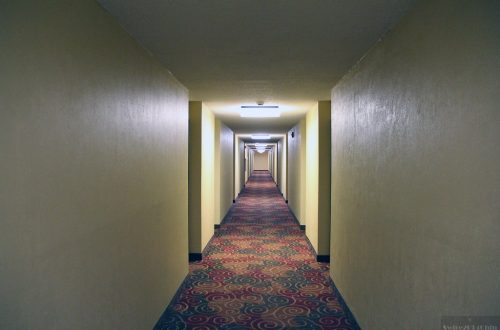Melville Furious Editors Changed “Crab” to “Whale” in Original Moby Dick Manuscript
By Terence Vestibule
May 4, 2018
New York City, 1851
Herman Melville, renowned New York author and poet, was reportedly furious earlier today upon discovering that his editors had changed every instance of the word “crab” to “whale” in the manuscript of his upcoming novel Moby Dick. An irate Melville told the Dealer that the change was “absolutely unacceptable” and that it “completely undermined his narrative of an unbalanced ship captain obsessed with killing a giant crab.”
“The monstrous, white crab absolutely indispensable–it’s the center of the whole novel!” said Melville, while hastily thumbing through his manuscript. “Ahab’s entire motivation is an insatiable desire for revenge against the humongous crab that bit his leg off! That’s a huge part of the narrative!”
“And the crab has a ton of symbolic significance!” continued Melville. “What could better represent the elusive mystery of life better than a giant crab, the most enigmatic sea creature? And what about the irony of Ahab using a piece of crab exoskeleton to replace his missing leg? That kind of symbolism just doesn’t make sense with a whale.”
Melville’s editors, however, called changing the novel’s antagonist from a crab to a whale a “no brainer” and expressed disbelief that Melville had chosen to center an entire novel on the life of New England crabbers.
“Don’t get me wrong, Herman’s got some great stuff here,” said lead editor John Pietsch. “But come on–a giant crab? He keeps referring to it as ‘the mighty crustacean thundering across the floor of the sea’ and I just have to roll my eyes. And there are so many passages describing Ishmael and Pip the cookboy cracking open the carapace of the crabs they catch to suck the meat directly into their mouths. That’s definitely not gonna sell.”
“The people we showed it to really didn’t respond well either,” continued Pietsch. “They all liked the writing in general, but the part where Queequeg demonstrates his prowess as a crabber by killing 300 crabs with his bare hands at the beginning of the novel really put them off. The shrunken heads thing actually came off pretty tame in comparison.”
Melville, however, remained adamant that his editor’s changes were unacceptable. “They completely rewrote the novel’s final scene,” the author complained. “In my version, Moby Dick’s giant claws emerge from the sea and tear the Pequod apart stern from hull, and the crab drowns the sailors with its enormous legs and antennae. In their version, the whale just rams its head into the Pequod and everyone drowns. Talk about anticlimax!”
“Ah well, the whole novel is probably a lost cause at this point,” concluded Melville. “Maybe I’ll just pump the fucker full of endless, mind-numbing descriptions of the whaling industry. That’ll show those bastards.”



